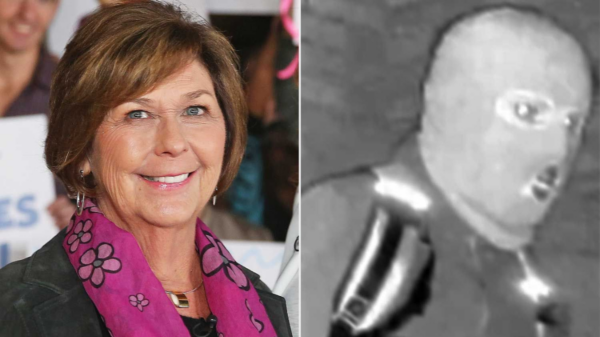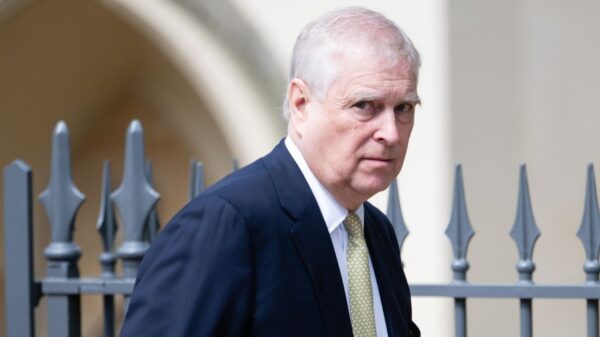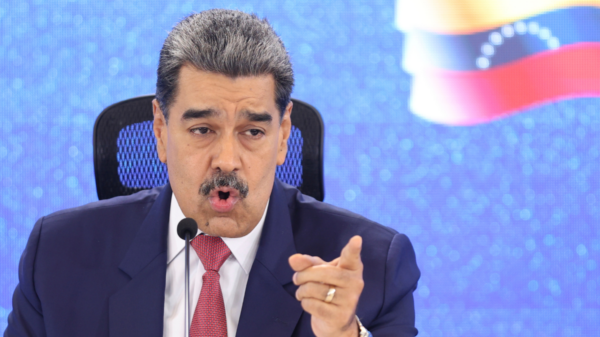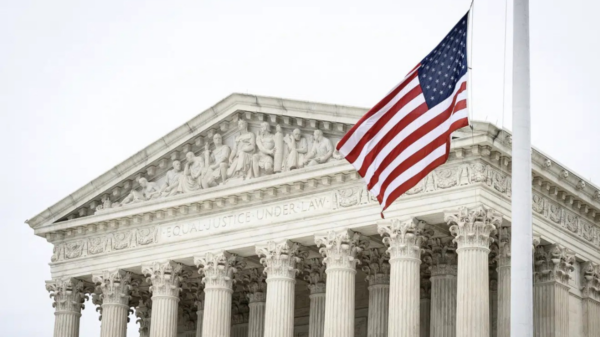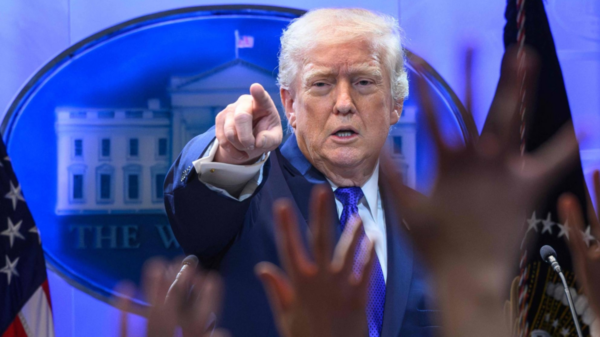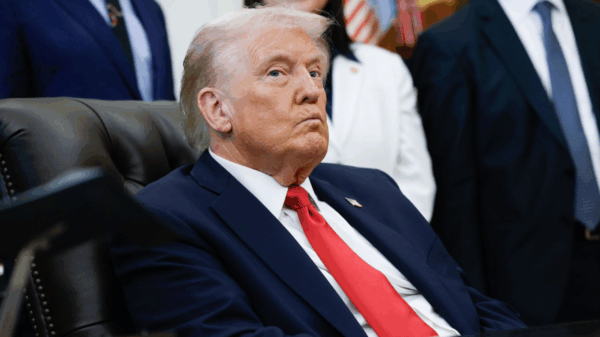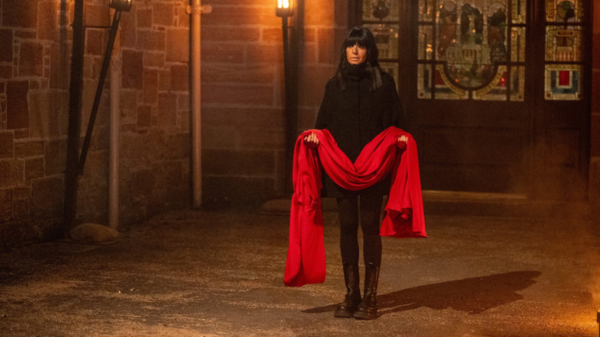WASHINGTON — The Supreme Court on Monday issued a historic ruling, saying former President Donald Trump is entitled to some immunity from criminal prosecution for his actions to overturn results of the 2020 election.
The 6-3 opinion was written by Chief Justice John Roberts.
“The President is not above the law,” the majority opinion read. “But under our system of separated powers, the President may not be prosecuted for exercising his core constitutional powers, and he is entitled to at least presumptive immunity from prosecution for his official acts. That immunity applies equally to all occupants of the Oval Office.”
Trump claimed “absolute immunity” for all his actions but the court said Monday that he only has immunity for “official acts” as president.
The ruling will dramatically change the power of the presidency, making it clear that former presidents are entitled to absolute immunity for “core” official acts but have no immunity for “unofficial” acts.
Trump pleaded not guilty for four federal counts, including conspiracy to defraud the U.S. and obstruction of an official proceeding in his efforts to overturn his election loss to Joe Biden in 2020.
Justice Sonia Sotomayor issued a scathing dissent, saying the decision “reshapes the institution of the presidency.”
“It makes a mockery of the principle, foundational to our Constitution and system of Government, that no man is above the law,” she wrote. Sotomayor was joined in her dissent by Justices Elena Kagan and Ketanji Brown Jackson.
The majority decision said that Judge Tonya Chutkan must decide whether the indictment could be supported after removing allegations that Trump can’t be charged, including his dealings with the Justice Department. Additionally, the majority said that lower courts “may not inquire into the President’s motives” when debating what is official and unofficial conduct.
The court’s decision will likely delay Trump’s election interference trial until after the 2024 election.


